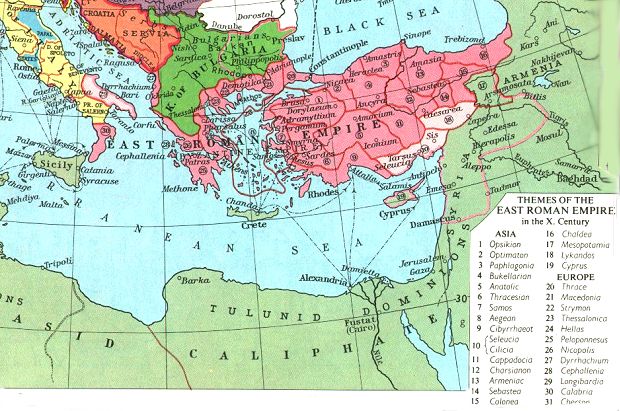In the book Destiny Disrupted - a history of the world through Islamic eyes by Tamim Ansary, the author makes some pretty damning criticisms of the Byzantine Empire and its society. I think it would be worth exploring these further.
"The Byzantine Empire's subjects spoke Greek, and its philosophers...well, let us not speak too much about its philosophers. Almost any well-educated westerner knows of Socrates, Plato, and Aristotle, not to mention Sophocles, Virgil, Tacitus, Pericles, Alexander of Macedon, Julius Caeasar, Augustus and many others; but apart from academics who specialise in Byzantine history, few can name three Byzantine philosophers, or two Byzantine poets, or one Byzantine emperor after Justinian. The Byzantine Empire lasted almost a thousand years, but few can name five events that took place in the empire in all that time".
I have to say i am inclined to agree with the author. I cannot think of a single Byzantine philosopher other than Plethon, nor even one Byzantine poet. The Byzantines wrote in an affectation of fifth century BC Attic Greek, plagiarising the work of people who lived over a thousand years earlier while not producing a single new idea between them. What achievements in science, medicine, astronomy, mathematics, art and architecture did the Byzantines produce? Was there a single innovation worthy of note in their entire 1,000 year existence? Where is the great Byzantine poetry to rival Rumi or Shams of Tabriz or Omar Khayyam or Hafez Shirazi? It seems to me the Byzantines did nothing to further human civilisation. What forward progress did they bring?
Discuss.








 Reply With Quote
Reply With Quote











































